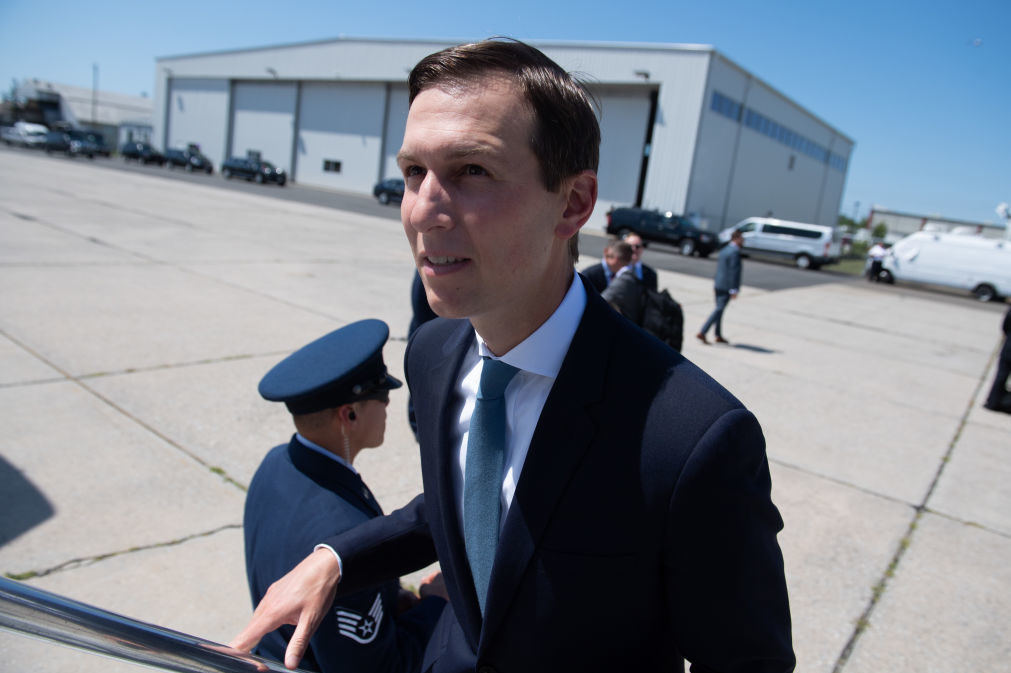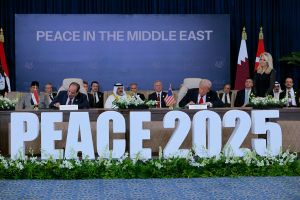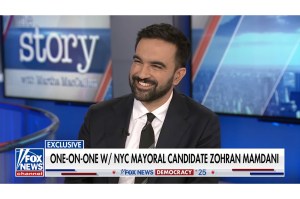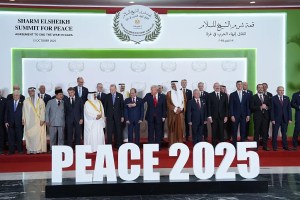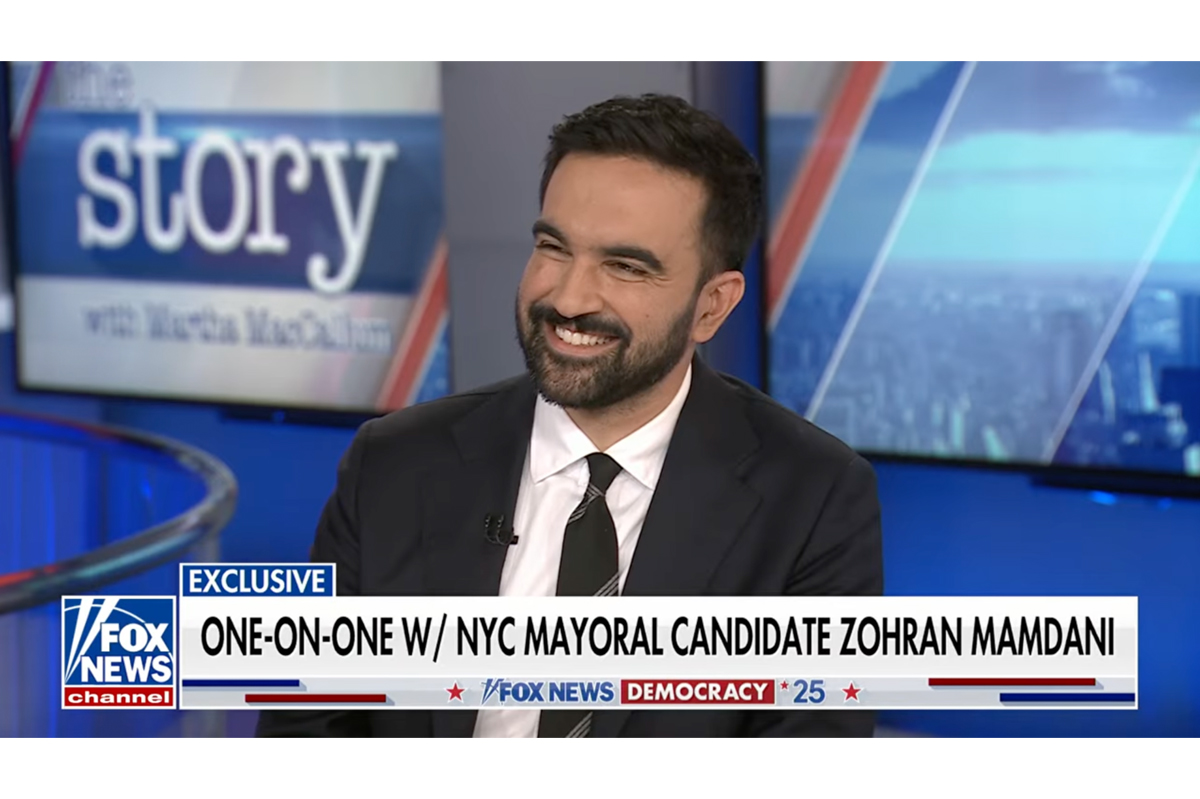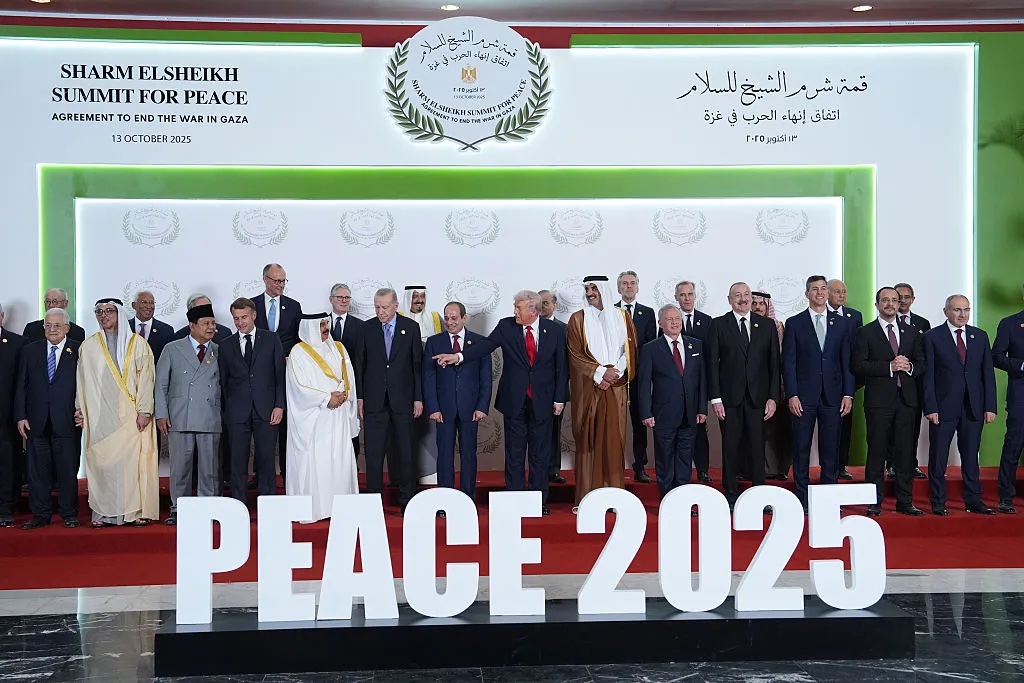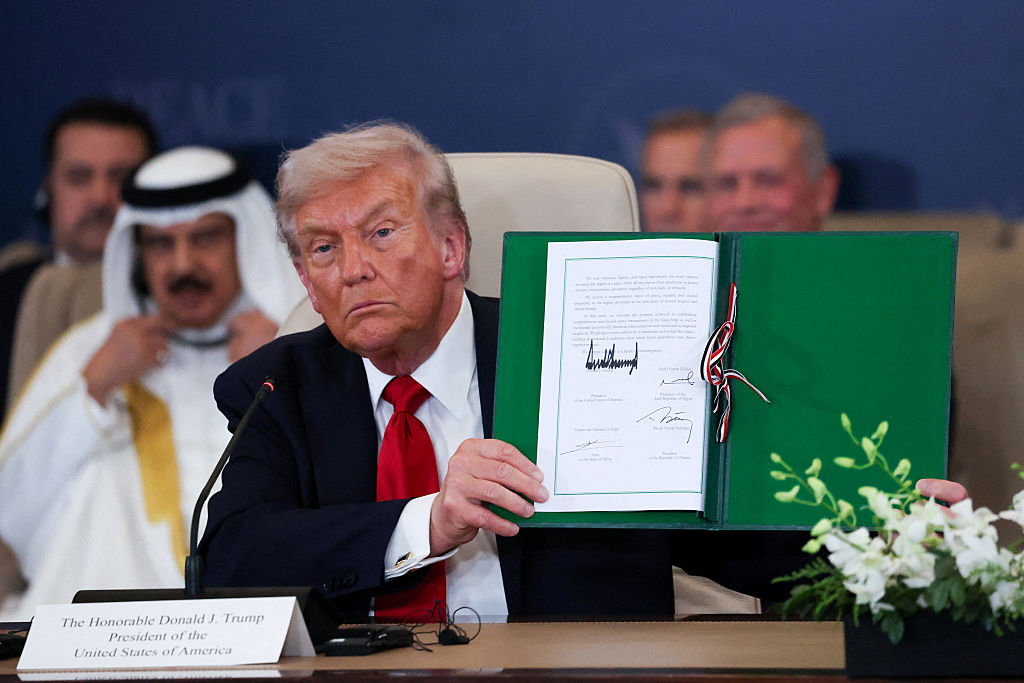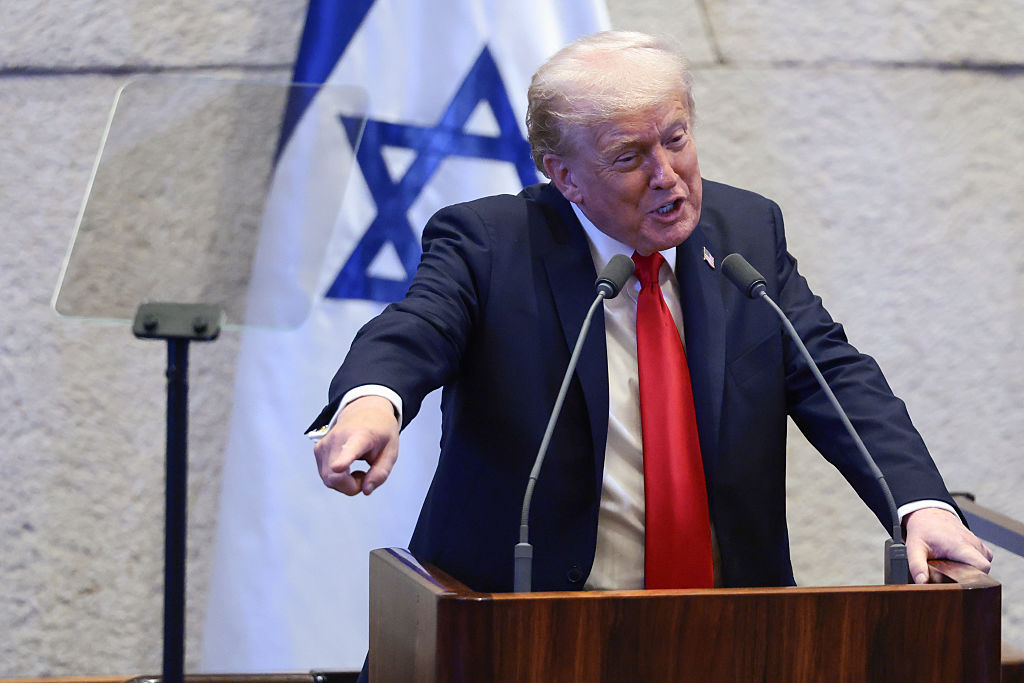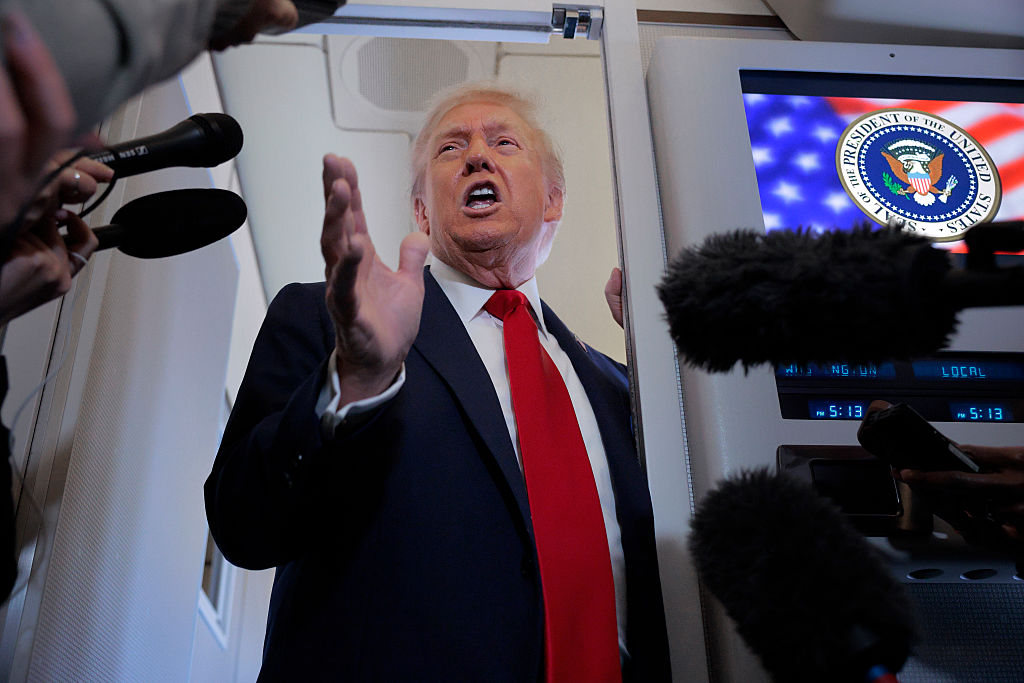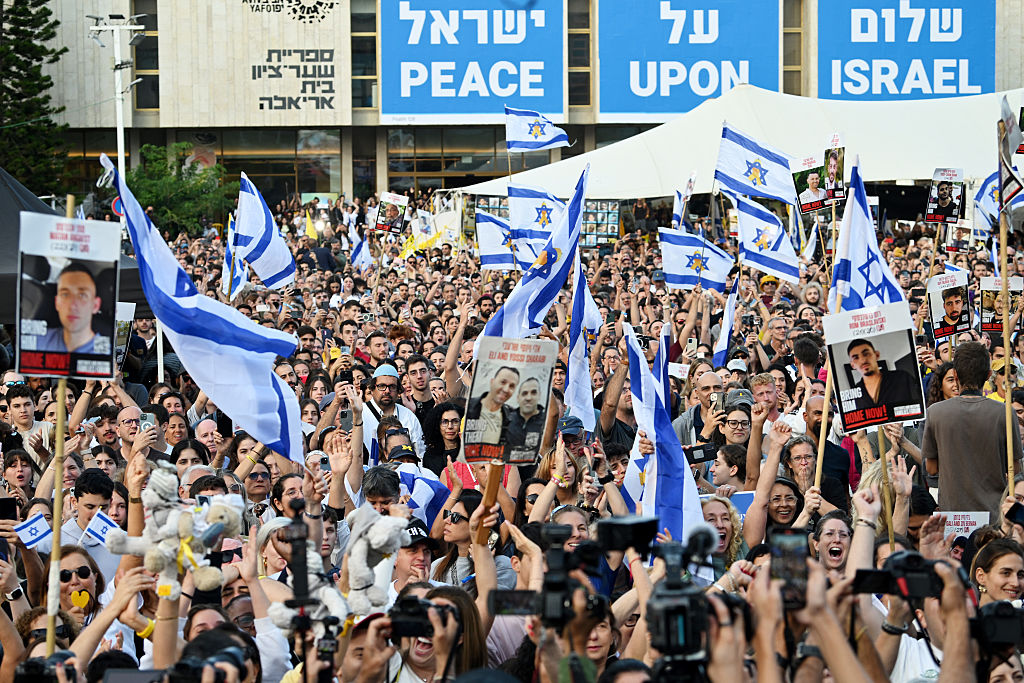As we know, President Trump often governs by tweet – he literally can’t help himself – but from time to time he also loves to have a secret plan. During the 2016 campaign, there was a secret ‘absolutely foolproof’ plan to defeat Isis. Much to his surprise, he ended up in the Oval Office and was pressed to say what was in this secret plan. He revealed that it was a plan to come up with a plan. He gave the US military 30 days to provide a ‘comprehensive strategy’ against the so-called Islamic State. This turned out to be to ‘bomb the shit out of Isis…just bomb those suckers’ – Trump’s words – something that both he and the generals could heartily agree upon. It worked, eventually, though they are still digging the bodies of civilians out of the rubble in Raqqa. And Isis is creeping back in the deserts of eastern Syria and western Iraq. Trump can’t really be blamed for that. In Afghanistan, the Taliban is not only back but winning, after many more bombs and years of what Trump refuses to do against Isis: put American boots on the ground and keep them there.
There is another secret plan. It has been secret for much longer than any other plan. This is the plan to bring peace to the Middle East. In the early days of his administration, President Trump may have kept this plan secret because he had no earthly idea how to get a deal between Israel and the Palestinians. Two state solution? One state solution? Tomato, tomata. In February 2017, a month into office, he said: ‘So I’m looking at two-state and one-state, and I like the one that both parties like.’ The job of negotiating a Middle East peace was given to Trump’s son-in-law, Jared Kushner. ‘If you can’t produce peace in the Middle East, nobody can.’ Three years later, we still don’t know for sure what’s in Kushner’s ‘deal of the century’. Last September, Trump said to expect the plan ‘I would say over the next two to three to four months’ and it would be ‘very fair’. There were hints that Kushner would finally make the terms of his deal public over the summer, but then nothing happened. Was the folder labeled ‘secret, absolutely foolproof plans’ empty, as with Isis? No, there is an Israeli election.
Trump is holding back the peace plan in order to help Israel’s prime minister, Benjamin Netanyahu, win the election, which is on September 17. Among other things, Netanyahu needs a majority in the Knesset to give him immunity from prosecution for corruption. If he doesn’t get immunity, the only way to head off charges of fraud and bribery may be to fire his attorney general – a political problem Trump surely appreciates. It’s a good bet that the peace plan has some concessions to the Palestinians that, however slight, would anger those Israeli voters who believe that history grants them title to the West Bank, or Judea and Samaria as they call it. What might these concessions be? Extra – but still limited – autonomy for the Palestinians, perhaps? Little more than that, in all likelihood. Kushner told Al Jazeera this week that he did not favor the Arab peace initiative – or ‘land for peace’ – that is, he does not want a two-state state solution and with it an independent Palestine. There are many Israeli voters who believe that such a country would be – as one elderly Jewish man in Jerusaelm put it to me once –completely judenrein.
In his Al Jazeera interview, Kushner did not even need to say that he’s against a one state solution. Granting the Palestinians of the West Bank and Gaza full rights as Israeli citizens would create an Arab majority. This would be the end of Israel as a Jewish state. On the other hand, even such uncompromising leaders as Prime Minister Yitzak Shamir feared that a permanent occupation would amount to a system of apartheid (undermining Israel’s belief in itself as a moral cause, as vital to its survival as force of arms). Israel has faced this dilemma – apartheid or democracy — ever since winning control of the land west of the Jordan River in the war of 1967. Kushner is trying to help them avoid it, and avoid having to pull out of the West Bank altogether, by granting the Palestinians just a little bit more control over their own affairs. There is no chance whatsoever that the Palestinians will accept this fudge.
To do so, they believe, would be to accept a creeping annexation of the West Bank. There are more than 400,000 settlers there, the number increasing slowly but steadily whoever’s in power in Israel, but picking up speed under Netanyahu. The Palestinians did not even turn up to Kushner’s Middle East investment conference held in Bahrain, supposedly for their benefit. They said that Trump and Kushner were trying to ‘bribe’ them to give up their national aspirations. The Palestinians no longer regarded them as ‘honest brokers’. All this is without Kushner even addressing the insoluble issues that have exploded previous attempts to negotiate an agreement: who gets Jerusalem; whether there is a ‘right of return’ for Palestinian refugees. But if the peace process under Kushner is a farce, it was a farce long before he got there. In the past, though, the endless process without result was almost an end in itself. If Kushner’s peace plan does force clarity, that could be a moment of danger. There is already talk of Palestinian protest in the West Bank and ‘massive’ Israeli airstrikes against Hamas in Gaza. So, hold the Nobel prize, Kushner’s Middle East peace plan is already dead.
Paul Wood is a BBC correspondent.



